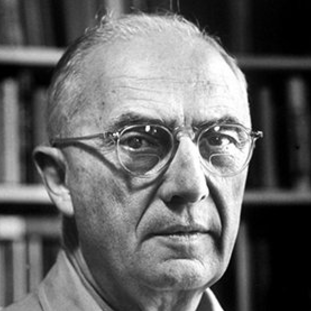According to Brueghel
when Icarus fell
it was spring
a farmer was ploughing
his field
the whole pageantry
of the year was
awake tingling
near
the edge of the sea
concerned
with itself
sweating in the sun
that melted
the wings' wax
unsignificantly
off the coast
there was
a splash quite unnoticed
this was
Icarus drowning
Published:
1960
Length:
Shorty
Literary Movements:
Modernism
Anthology Years:
2022
Themes:
Death & Loss
Doubt & Fear
Poems of Place
Literary Devices:
Allusion
an expression designed to call something to mind without mentioning it explicitly; an indirect or passing reference
Enjambment
a line break interrupting the middle of a phrase which continues on to the next line
Extended Metaphor
a metaphor that extends through several lines or even an entire poem
Imagery
visually descriptive or figurative language, especially in a literary work

